You might feel relief when your doctor recommends orthotics. They can provide the support you need to manage chronic pain and discomfort. They are designed to make you feel better however, it can be difficult to get used to them. Learn what orthotics are and when to wear them for the best results.
How to Get Orthotics
Orthotics may seem like a quick fix, but they can feel uncomfortable or strange at first. You might ask, “Should orthotics hurt first?” Or “Do I need my orthotics adjusted?”
Your orthotics will eventually need to be adjusted. However, you should try to get used to them before making any changes. They can be uncomfortable at first however they essentially retrain the affected muscles to function differently. Many lower extremity orthotics put pressure on the arch of your feet, which adjusts the movement of your muscles as you walk.
Most orthotics take two to four weeks for your body to get used to them. You should wear orthotics regularly to allow your body to adjust. These are some tips to help you get started.
- Get comfortable wearing them. Wear your orthotics only two to three times per day for the first few days.
- Wear them for a minimum of 30 minutes each time. On the first day, wear them for at least half an hour. To give your body some rest, take them off between each wear.
- Set yourself goals. Try to increase your wear time by at least 30 minutes each day after the first day. You’ll be able to wear your orthotics almost every day by the end of the week.
- Take off orthotics before engaging in strenuous activities. This extra step will help you avoid discomfort or soreness.
Your orthotics might cause you discomfort even if you are gradually able to wear them every day. These tips will help you make your orthotics as comfortable as possible.
- Give your body time to rest between wears. Take frequent breaks for the first week. Allow your orthotics to rest for at least a couple of hours between each wear.
- Have your orthotics adjusted? You should be comfortable with your orthotics after three weeks. They should be able to relieve any persistent symptoms. If they make you feel tired or sore, it’s time to get help. Scheck & Siress can help you adjust orthotics to fit your body better.
- Take care of your orthotics. You will need to follow the instructions for cleaning them. You may find they are not as supportive as they used to be, so talk with us about refurbishment or replacement.
When should you stop wearing orthotics?
It’s easy to assume orthotics will become part of your wardrobe when your doctor recommends them. In many cases, you can wear them less often or for a limited time. You can also remove them from your body.
Orthotics are available in many sizes and shapes. You can also choose from different levels of support to suit your needs. Some are meant to be worn all day, but you might need others to support certain activities. Orthotic needs may be affected by ongoing progression and chronic conditions.
If you have severe conditions that make it difficult to do everyday activities such as a flat foot, you may need orthotics. Orthotics can be used to prevent further injury or worsening symptoms. However, you might still need orthotics to fix the problem.
If you have an injury that requires proper healing, orthotics may be required for the short- or medium-term. You may be able to get rid of orthotics after a few months, or even a year.
Get professional advice instead of just wearing your orthotics when you feel most comfortable or convenient. Talk to your doctor or physical therapist about when your orthotics should be worn and when they can be removed. You may be asked by your provider to wear orthotics only for certain activities or repetitive, high-stress tasks.
Your care team might recommend that you reduce the amount of orthotics you use if your symptoms have improved. You may be able to wear orthotics less often each week, or month, if your wrists and elbows are stronger.
What happens if you don’t wear them?
Orthotics are prescribed by your podiatrist. It is important that you wear them as directed. You could cause injury to your muscles and tendons if you don’t wear them as directed. Other symptoms include pain in the back, legs, ankles, and elbows.
Some patients fear that orthotics might cause weakness in their muscles and tendons. However, there is no evidence to support this belief. Orthotics are meant to strengthen your muscles and tendons and make them more efficient. This process is slow and requires patience. Follow your care team’s recommendations for the best results.
Talk to your podiatrist if you want to speed up the strengthening process and get rid of your orthotics faster. Your care team might be able to guide you through exercises to help build muscle strength and speed up recovery from certain conditions.
